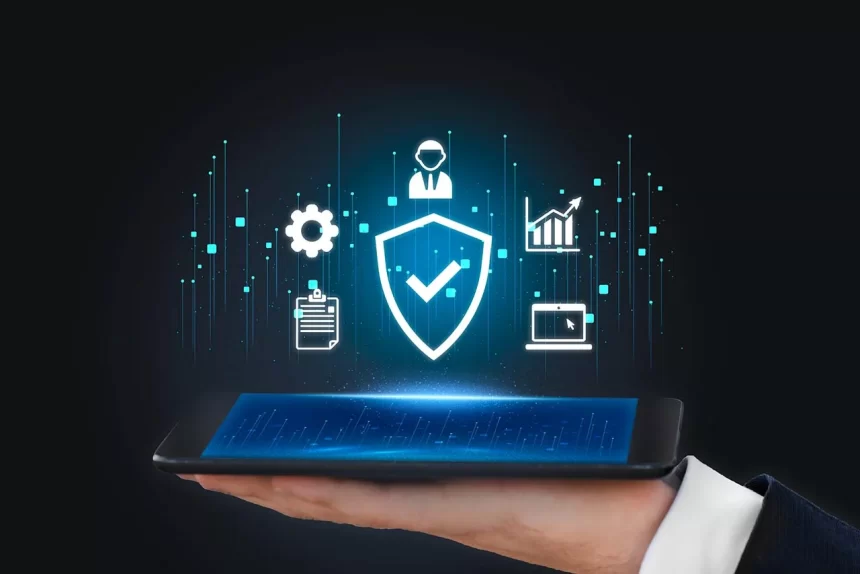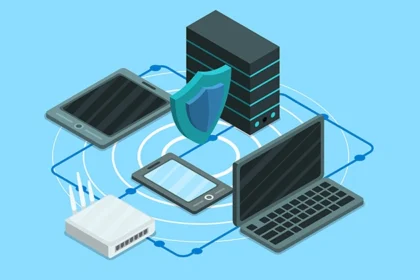In times when the leaking of data and worries about privacy are common, it is very important for groups that handle memberships to protect private information. This includes things like an individual’s personal details, their payment data or how they want to communicate. Keeping this member information safe is necessary to create trust and follow the rules set by authorities. In this text, we discuss different ways to make sure that data is safe and follows the rules in systems for managing members.
Association Membership Management Systems
For groups that control big databases of members, it is very important to use specific systems for managing memberships. This helps them work in a better way and keeps the data safe. These systems are made to take care of things associations need, like taking care of member information, keeping an eye on fee payments, planning events, and helping with communication between people. When organizations put money into systems for managing their members in an association, they make the administration work smoother, get better at keeping members involved, and follow rules for keeping data safe. These systems usually have security things like code making to hide data and ways to control who can see what information so that no one who shouldn’t be able to look at member details can do it. Moreover, software for managing associations usually has flexible features that can be adjusted to meet the particular needs of each association, so organizations are able to modify the system according to their own requirements for members.
Understanding the Importance of Data Security
Data security is about keeping digital information safe from people who should not have it or use it, tell others about it, mess with it, change it, or destroy it. When applying membership management in an organization, there must be measures to protect the data of these members so that their identities are not stolen and they do not become victims of fraud or other types of online dangers. Additionally, protecting member privacy is crucial for maintaining trust and loyalty among members.
Complying with Regulatory Requirements
Many groups must follow rules about gathering, keeping, and using private information. Depending on the place and business type, they might have to obey regulations like Europe’s General Data Protection Regulation (GDPR) or the California Consumer Privacy Act (CCPA) in America. Organizations must put the right security steps in place, get permission for handling data, and be clear about what they do with the information.
Implementing Strong Access Controls
A basic rule for keeping data safe is to let only people with permission see private information. Companies need to put in good systems that control who can get into the system, like giving different levels of access depending on someone’s job and asking for several proofs of identity before letting them look at member details. When organizations limit entry to information only to those who must have it for their work, they can decrease the chance of danger from people inside and prevent sharing without permission.
Encrypting Sensitive Data
Encrypting is very important for keeping secret data safe from people who should not see it when sending or saving this information. Companies need to use good encryption methods to hide member details, like personal and payment information. To make sure that data stays not understandable and cannot be used if someone takes it or intercepts it, we need to keep it encrypted. It is also important to take care of the encryption keys so no one who should not have access can decrypt the information.
Regular Security Audits and Assessments
Organizations need to do security checks and evaluations often on their systems for managing members. They should scan for weak spots, test by trying to break in, and assess risks so they can find where the problems are and fix them according to importance. Organizations can lower the chance of data breaches and cyber attacks by taking steps ahead to deal with security weaknesses.
Training Staff on Data Security Best Practices
Staff training is very important for data protection because people often make mistakes that lead to security problems. Companies need to give their employees ongoing education about how to keep information safe, such as managing passwords correctly, recognizing suspicious emails, and following the right steps when working with sensitive data. When organizations teach their people about safety and make it a big part of the work culture, they can help their workers take good care of the data belonging to members.
Maintaining Data Retention and Disposal Policies
Companies must create straightforward rules for keeping and throwing away data to make sure that information about members is not kept longer than it should be and gets safely discarded when it’s not needed anymore. If data is held onto more than necessary, there’s a bigger chance that someone who shouldn’t see or use the information will get access to it. Organizations can reduce the chance of data leaks and meet legal rules by frequently checking and deleting old or not needed information.
Conclusion
For organizations, it is very important to keep member data safe and follow the rules for managing memberships. They need to make sure only certain people can get into the system, scramble private information so others cannot read it, check their security often, teach their workers how to handle data safely, and have clear plans for keeping or getting rid of data. This helps reduce chances that someone will break in and take member information. When organizations put focus on keeping data safe and following rules, they keep the trust of their people and show that they are serious about guarding important information.










